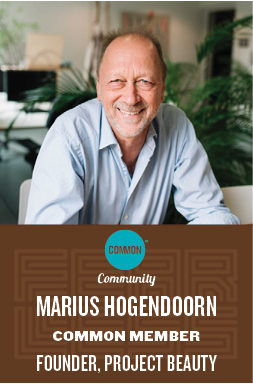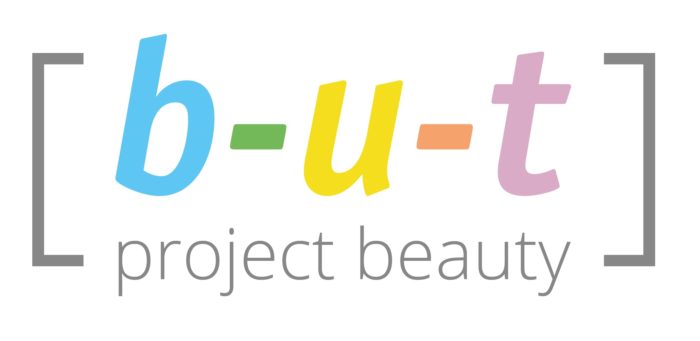Project Beauty
By Marius Hogendoorn, Edited by Julia Dopp
During my life, I’ve come closer and closer to doing the things that really matter to me. I’ve worked as an author, a teacher, a researcher, and a consultant, among other things, and around 40–50% of me was in my career at those times. A little over 100% of me is in Project Beauty.
The project started about ten years ago, and it’s still picking up pace- and I can’t imagine we’ll stop. The challenge that’s inspiring me right now is to get the message of the business across and to awaken people and to make them realize the importance of beauty and their relationship with it. It’s a broad goal, and I’m in way over my head, but my plan is just to keep going forever until I get this thing right.
It’s my natural habit to ask questions, investigate, figure things out. I spent years doing very cerebral work, but I never felt fully mentally engaged despite the demanding nature of my roles. Then, when the economy collapsed, I actually had time to think- and one Christmas Eve, I sat down and I just did an exercise for myself, where I wrote out some of the most prominent paradoxes I could think of related to the word “beauty”. Because you see, one of the most amazing things about beauty is that there is just so much to say and so much room for disagreement, there are bound to be contradictions. When you look at all the quotes about beauty (and there are a lot), you start to see how among the different people with different backgrounds and ideas, there are ultimately patterns. I wanted to capture and explore those patterns, those areas where ideas about beauty converge and bridge apart, and paradox was the first way I could think to begin.

When I began this investigation on my couch on Christmas Eve, I had no idea how it would grow to take on a life of its own. I knew the questions were interesting and worthwhile, but as a researcher, I also knew that having no client usually meant having no ability to actually conduct research. For the first time, though, I found myself urged to propel the idea anyway, even if that meant doing it alone. I had something I wanted to do, a couple of ties with agencies and few potential sponsors, and I created a custom-built program to get things underway.
I began my survey by asking people to talk about things that represent beauty to them, using a questionnaire. Soon, I noticed something really magical was happening. You see, research is usually a cut-and-dry way to get information. But for Project Beauty, it was never just about the information… it’s about starting a process. It’s easy to give obvious, rational responses to questions on surveys, and it’s even a little boring. When people have to dig down somewhere for the answers, a process begins that has a lot of similarities to the initiation of mindfulness. I’ve done tons of research projects, and I can safely say that no one ever thanks you for letting them fill out a customer survey, quiz, etc. Yet, one of Project Beauty’s first subjects, a lady who sat down to complete the survey, not only thanked me, but said something amazing upon completing the questionnaire — “I’ve decided to change some things in my life.”
The next few years flew by. I coupled up with a magazine, which allowed me to take the survey nationwide in the Netherlands. Then I ran into a British agency director who offered me the ability to take the project to the UK and Germany, and in that moment the potential became even bigger. The USA is the next goal on what I ultimately hope will be a worldwide study.
The data we get is fascinating, and our brains are naturally wired to want to know the categories that can be drawn from such large-scale information. You see the differences between Germany and the UK, for example: in the UK, men feel beauty is first and for all about women, followed by cars. In Germany, it’s the opposite. Across all of the nations we’ve studied, the experience of having children is overwhelmingly considered the most beautiful thing that has happened in people’s lives. I do think this sort of information is powerful and beautiful, in and of itself. But, when it comes down to it, the answers aren’t important to me. What I really want is for people to have a way to connect with themselves, and a realization that enables them to spend more time and make more space for beauty in their lives. The fact is, when people take a time out and really think about beauty, Project Beauty is already fulfilling its purpose.

Email Marius: info@b-u-t.org
Visit Lester’s LinkedIn Page: Marius Hogendoorn
Project Beauty Website: www.b-u-t.org
Like This? Sign Up For Our Newsletter.
Follow us on Instagram: @commonworks
Follow us on Twitter: @commonworks
Write us at: itmatters@common.is
Follow us on Twitter: @commonworks
